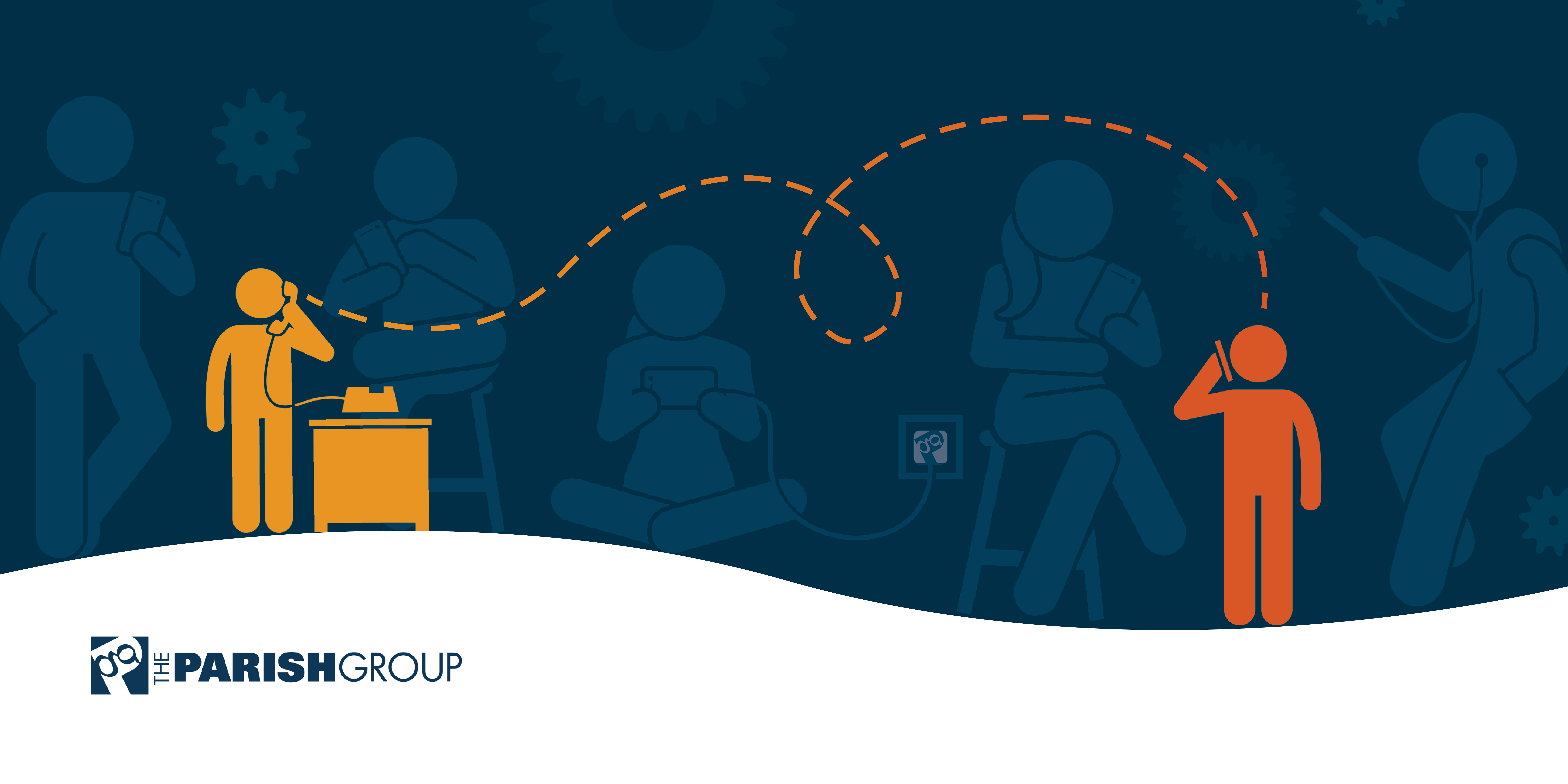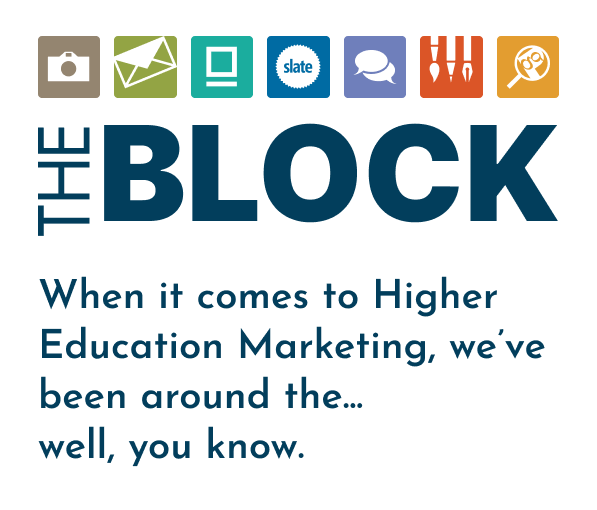
When we’ve thought about the future in a cartoonish sense, robots tend to come to mind. It’s what the Jetson’s had, what Marty saw when he ventured into the future, and what was packed inside Smart House.
In today’s reality, we’ve gotten accustomed to saying Okay Google, tell me about… (or Alexa, depending upon your preference), but these devices’ knowledge only goes so far.
Enter AI.
A tool that pulls from every corner of the web to create anything you want.
There’s graphic design created by AI. TikTok is flushed with AI filters that take your face and transform you into an Anime drawing or a figure from different points in history.
AI can write you a sonnet in Victorian English about the presidential election between Bush and Gore (yes, I actually had it write this for me).
Forbes even named 2022 The Year of AI. As we venture into 2023, it’s obvious we’ve only scratched the surface of AI’s capabilities, not to mention the ethical qualms this tool will bring.
AI and Higher Ed Admissions
What does this mean for higher education? And what does this mean for everyone’s gateway to it — the college application essay?
With every generation more technologically-versed than the last, it’s no question that AI will seep its way into the college application process and even into college courses themselves.
Besides, we already ask seniors to have high-grades, extracurriculars, volunteer experience, and letters of recommendation, all while they’re still trying to graduate high school.
Some seniors might think time is of the essence and tap into AI’s capabilities.
Is This the Beginning of the End of the College Application Essay?
Let’s look at the classic college admissions essay prompt: Tell us about an obstacle you’ve overcome. It usually goes a little something like…
Throughout my life, I have faced many challenges and obstacles. However these experiences have taught me the importance of perseverance and determination in overcoming adversity.
One of the greatest challenges I have faced was during my sophomore year of high school when my family experienced financial difficulties. As a result, I had to work part-time while maintaining a full course load and participating in extracurricular activities. It was a difficult balancing act, but I learned the value of time management and prioritization.
Additionally, I have also had to overcome personal obstacles such as self-doubt and a lack of confidence in my abilities. However, through therapy and the support of my loved ones, I have been able to work through these issues and develop a more positive mindset.
What could take a busy senior hours to execute (organize their thoughts, draft, get peer review, revise), now could occur within a single minute. While AI could offer seniors who struggle with writing a springboard to expand upon in their own words, it’s a slippery slope.
Ethics and Realities in Higher Ed Admissions
There are tools now available that can help detect AI “assistance” in writing. However, let’s think about the administrative side of higher ed— we doubt those reviewing thousands of college applications have or will take the time to scan every single admission essay through an AI checker.
Most schools have already taken standardized testing out of the equation. Part of those standardized tests is the writing portion. With that nixed, the college essay is one of the few instances in which reviewers can assess an applicant’s writing skill.
Are they indeed ready for college based on their writing and communication ability? Will they struggle or thrive with all the writing a bachelor’s degree entails?
The essay is also a chance to get to know the student on a more personal level (more than what grades and a resume can show). A chance to hear the nuance of their life experience and see how they can fit into a school’s community.
And while an AI-generated essay can’t exactly touch on the inner workings of an applicant’s life nor get all the facts perfect, it can come pretty darn close.
For example, that essay earlier in this blog? You’ll never guess who… or what… wrote it.





